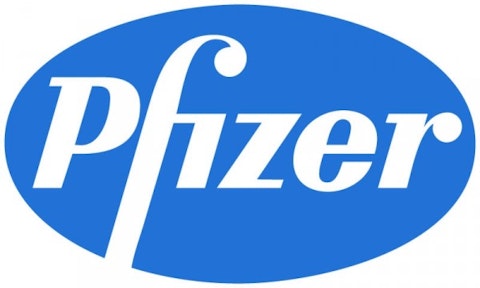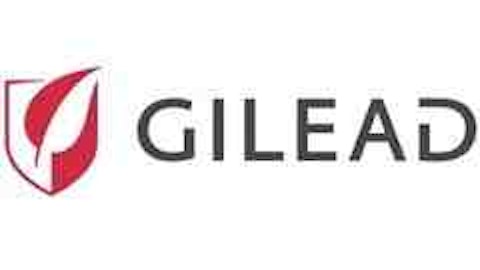Investors are always trying to find the right balance between risk andreward. I believe the following three pharmaceutical stocks below offer a nice balance: They are expected to show some nice growth, while also paying a healthy dividend that exceeds most other investment options.
Is Pfizer Inc. (NYSE:PFE) right for you?
Dow component and pharmaceutical giant Pfizer Inc. (NYSE:PFE) is surely a juggernaut, with trailing-12-month revenue near $60 billion, and a market capitalization at approximately $200 billion. The stock has done well the past year up approximately 20% and sitting right near its $27.84 52-week high. This leads us to naturally ask is it still okay to buy Pfizer at these levels?

Is Amgen, Inc. (NASDAQ:AMGN) a buy at these levels?
It is no secret that Amgen, Inc. (NASDAQ:AMGN) is a world-class firm with a number of lucrative products, which have led the company to $17 billion in annual revenue and a market capitalization near $70 billion. The stock has skyrocketed nearly 40% the past 12 months, though, leaving investors wondering whether it’s still worth owning.
I believe it is, for a number of reasons. First, the company has operationally been fantastic, exceeding consensus estimates in each of the last four quarters. Second, analysts are expecting accelerating growth, from the 8% per annum it was growing the past five years to nearly 10% over the next five years. Third, the company trades at a historically cheap 16 times trailing and 11 times forward P/E. Lastly, the company pays a consistently growing 2.2% dividend yield. I think Amgen, Inc. (NASDAQ:AMGN) provides a great balance between growth and value , and is a solid buy for the long-term investor.
Why not look at Merck & Co., Inc. (NYSE:MRK) as a long-term investment?
Merck & Co., Inc. (NYSE:MRK), like Pfizer listed above, is also a Dow component. It’s easy to see why, since the company churns out over $47 billion in revenue and has a market capitalization at approximately $130 billion. This drugmaker has a diversified set of products and sturdy performance, but its stock has been lackluster, with little movement in the past 12 months. Is now the time for opportunistic investors to buy?
I believe it is, when we see that Merck & Co., Inc. (NYSE:MRK) has smashed consensus estimates in each of the last four quarters. Looking deeper, we see the stock is a little pricey, near a 20 trailing P/E, but the forward P/E is far more reasonable at 11, and we’ve seen that analysts have been conservative.
Merck has very strong free cash flow, at approximately $10 billion annually, which has allowed management to raise the dividend yet again this past quarter to a very nice 4.0% yield now. The company has shown that it is firing on all cylinders the past year and has a shareholder friendly management more than happy to return those profits back to shareholders. I think Merck makes for a nice long-term income investment holding.
The Foolish take:
Investors everywhere are scrambling to find a decent return on investment, as bank accounts, treasuries, and most other fixed investments yield next to nothing. The stable and consistently growing pharmaceutical industry seems to be worth a look as these companies mentioned above — Pfizer, Amgen, and Merck — offer both some nice growth and a great dividend as we wait for that growth to materialize.
The article Why Wouldn’t You Buy These Pharmaceutical Stocks? originally appeared on Fool.com and is written by Brian Gorban.
Copyright © 1995 – 2013 The Motley Fool, LLC. All rights reserved. The Motley Fool has a disclosure policy.




